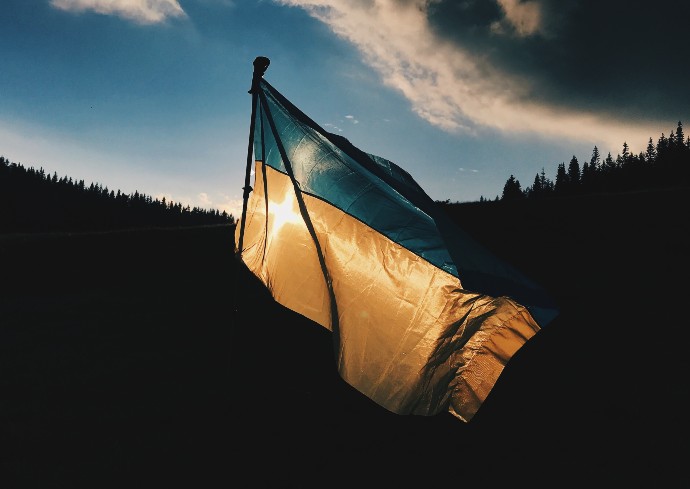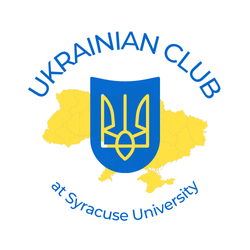What’s New at Campus Dining in Fall 2025?
As students, faculty and staff are welcomed back to campus for the fall semester, Campus Dining is celebrating upgrades at several of its retail locations and introducing a new, health-forward station at Ernie Davis, responding to student feedback about dietary…


 Alona Kulesha is a Ph.D. candidate in chemistry in the College of Arts and Sciences, studying protein design and function. Linh Nguyen Phan Bao G’20 is an operations research analyst in the D’Aniello Institute for Veterans and Military Families, a role she entered after earning a master of public administration (M.P.A.) degree from the Maxwell School.
Alona Kulesha is a Ph.D. candidate in chemistry in the College of Arts and Sciences, studying protein design and function. Linh Nguyen Phan Bao G’20 is an operations research analyst in the D’Aniello Institute for Veterans and Military Families, a role she entered after earning a master of public administration (M.P.A.) degree from the Maxwell School. Kulesha and Nguyen are both involved with the
Kulesha and Nguyen are both involved with the